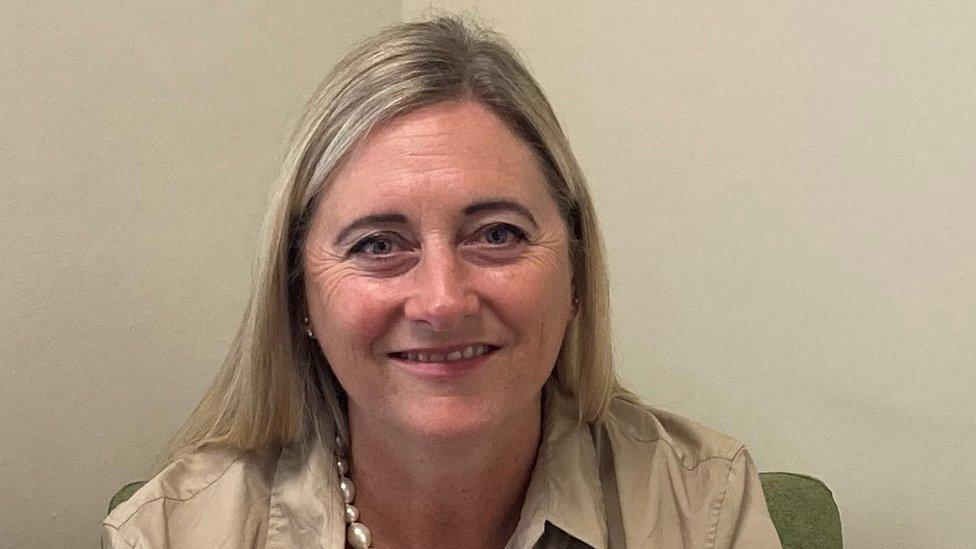Warning Somerset GP agency spend is 'not sustainable'
- Published
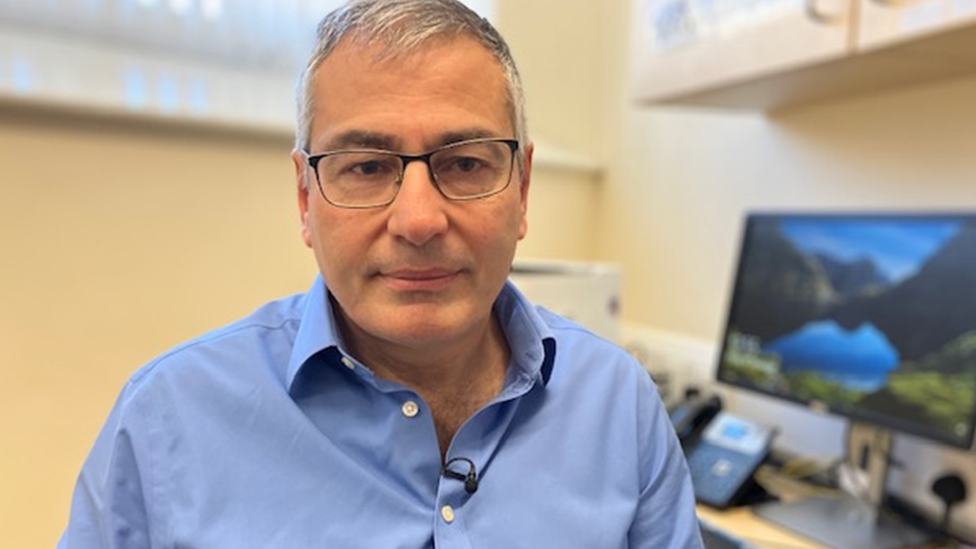
Dr Berge Balian has warned 'difficult decisions will have to be made'
The head of an organisation that provides GP services has warned a chronic reliance on expensive agency staff is "not sustainable".
Symphony Healthcare Services (SHS) had to spend £3m on locum GPs in the past financial year across Somerset.
Medical director Dr Berge Balian warned "difficult decisions will have to be made" without improved funding.
The Department of Health and Social Care (DHSC) said there are 2,300 more GPs since 2019.
But the Royal College of GPs does not recognise that figure, and said GP numbers had fallen by 713 fully qualified full-time equivalent positions since 2019.
'In crisis'
The Commons Health Select Committee has itself said general practice is in crisis.
Dr Balian added: "I think most people would recognise it is currently in crisis."
When SHS started in 2016, it took over three GP surgeries that could not attract enough partners to run them as a private business.
Since then it has employed more and more salaried GPs to work in 16 surgeries across 20 locations in Somerset and Devon, with all rated good or outstanding by the Care Quality Commission.
But over the years it has had to rely more heavily on expensive agency GPs that cost up to £1,000 a shift.
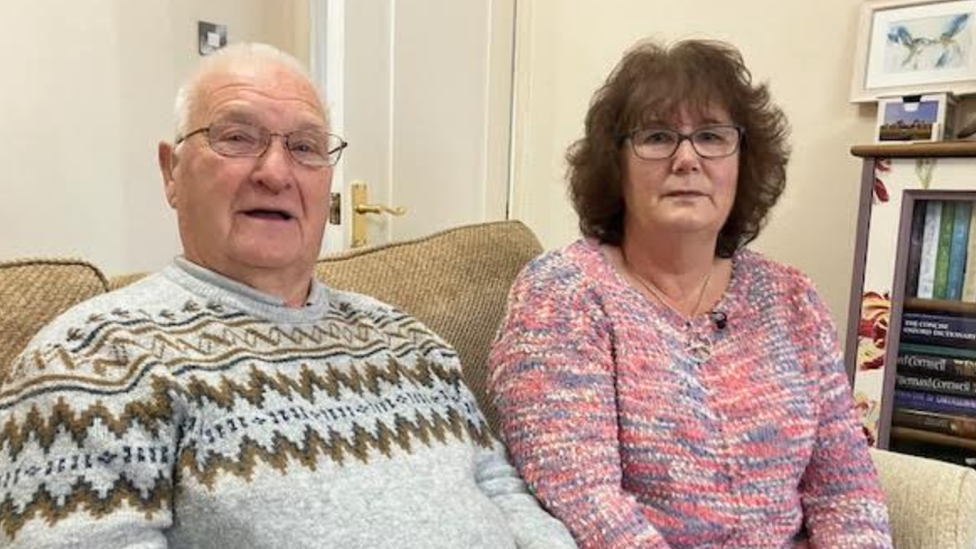
Ivor and Patricia Down are helped by a health coach to enable Ivan to be cared for at home
And because SHS is owned by Yeovil hospital, this has contributed to a £12m spend on agency staff last year.
Dr Balian is a GP at Crewkerne Health Centre and said many doctors are retiring early because their job has become too stressful.
"In the last three years the number of consultations general practice has done in the country has increased by two million while the number of GPs has dropped by 1,800 roughly.
"You can see why it ends up being a significant pressure on those GPs who are responsible for managing that contract and caring for patients under that contract."
Dr Balian also said there is a financial incentive for GPs to move away from being partners to work as locum doctors because they can earn more than £1,000 a day and also benefit from being in the NHS pension scheme.
SHS spent £3m on GP locums in the year 2021-22 and Dr Balian said expanding further, with a bigger agency staff bill, is not sustainable.
He said: "If you look at general practice, demand is increasing, its capacity is reducing, its funding in real terms is also reducing.
"The only solution to that is either increasing the amount of funding into GPs, or you say actually, nationally we will make a decision that GPs that used to provide this amount of service can only provide this amount of service and that bit needs to be done elsewhere."
Since it started SHS has set up a new model for family medicine which relies heavily on health coaches, physios and pharmacists to relieve pressure.
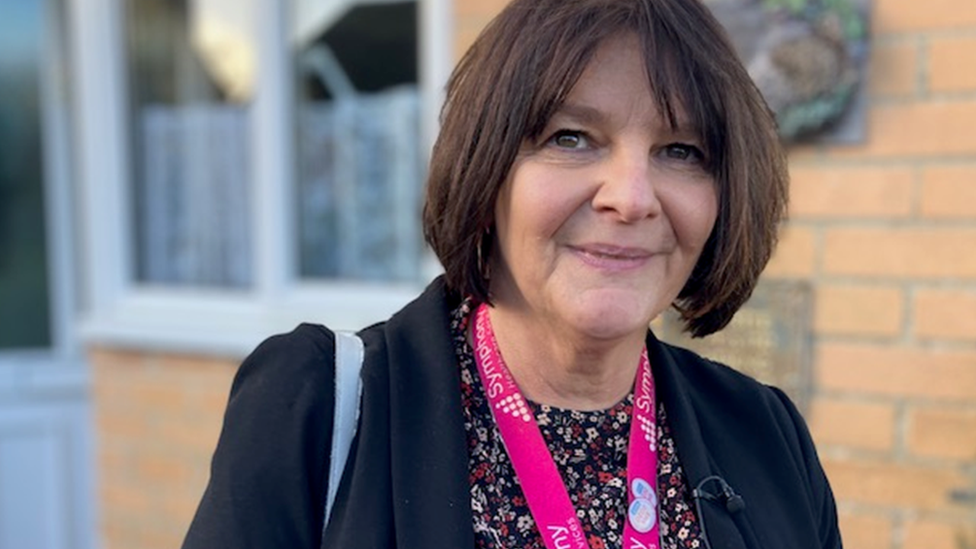
Mary Guppy is one of a growing number of health coaches
Mary Guppy is one of a growing number of "health coaches" employed by SHS to support vulnerable patients living in their home.
One of her regulars, Ivan Down, 81, is at risk of having to leave his home in Crewkerne to be admitted to hospital because he has dementia, and diabetes.
Mrs Guppy says an important part of her role is to look after carers, such as Ivan's 71-year-old wife Patricia.
Mrs Guppy said: "Without Pat, we'd have to find some more care for Ivan, but thanks to her hard work and liaising with the health coaches we can go back to the GPs if there are any health concerns so we can keep him safe in his own environment and keep him well."
A spokesman for the DHSC said: "Supporting and growing the workforce is one of the Health and Social Care Secretary's priorities and there are over 2,300 more doctors in general practice compared to 2019, while a record 4,000 trainees have accepted a GP training place this year.
"We have taken action to promote NHS staff banks, which are managed by trusts and allow healthcare professionals to take up temporary shifts.
"This reduces the requirement for agency staff, and as a consequence agency spend has dropped by a third since 2016."

Follow BBC West on Facebook, external, Twitter, external and Instagram, external. Send your story ideas to: bristol@bbc.co.uk , external
Related topics
- Published1 November 2022
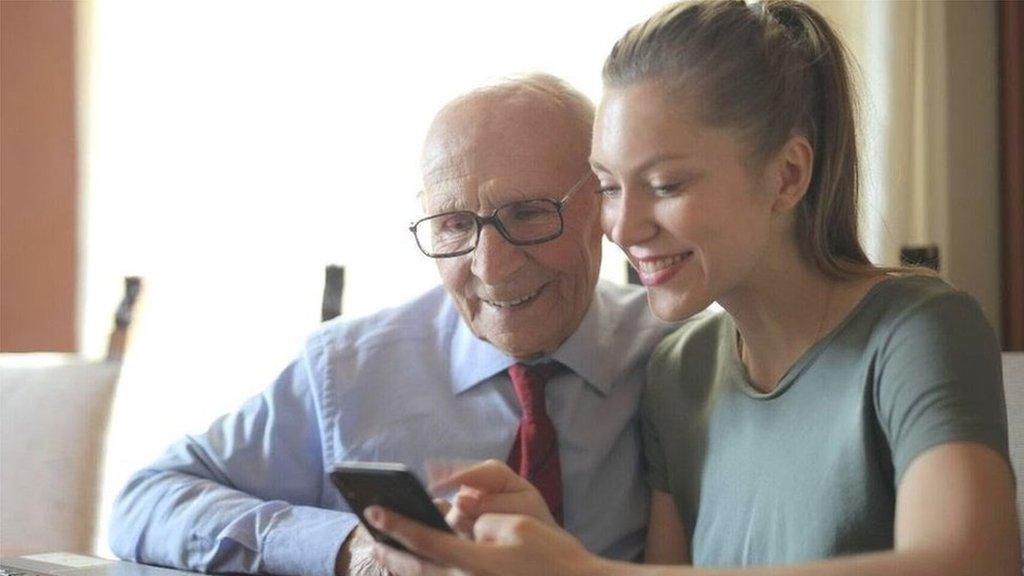
- Published22 September 2022

- Published25 July 2022

- Published23 July 2022
